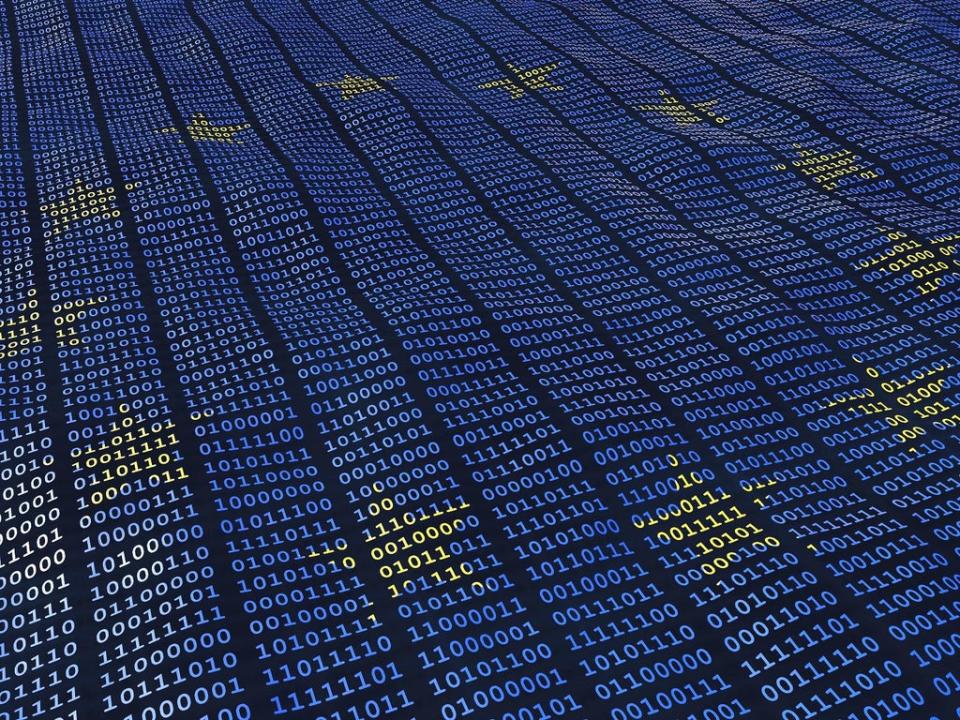UK to ditch EU privacy rules in post-Brexit push to trade data ‘like oil’

The UK government has unveiled a plan to scrap EU data protection rules as part of a post-Brexit privacy purge that would allow companies to sell customer data to foreign countries.
Culture Secretary Oliver Dowden said the UK would move away from the EU’s landmark GDPR privacy law and allow data to be treated like “oil”, describing the move as a multi-billion pound opportunity for corporations.
Privacy advocates were quick to condemn the announcement, with Open Rights Group describing it as an “assault on our privacy, fundamental rights and liberties” that have taken years to establish.
“What Oliver Dowden really means is that he wants to use Brexit to take away our privacy data rights,” the group tweeted on Thursday.
“We were told Brexit meant taking back control. But gutting our hard won data protection laws means we’ll lose control of our privacy.”
Cyber security experts also warned that the new measures could pose a risk to people’s online security if not handled correctly.
“The GDPR was introduced to safeguard citizen rights and privacy, helping to protect data, and while there are certainly always improvements that can be made, the government will need to be careful that these hard-won rights are not diluted when making changes,” Chris Waynforth from the cyber security firm Imperva, told The Independent.
“It’s already becoming harder and harder to guarantee data security... Unless changes take account of these risks, and organisations take action to protect increasingly vulnerable data, we could still find that the damage to privacy and security outweighs the benefits.”
We’re seeking exciting new international data partnerships with some of the world's fastest growing economies.
The United States, Australia, the Republic of Korea, Singapore, the Dubai International Finance Centre and Colombia are the first territories the UK will prioritise. pic.twitter.com/avO8Le5hel— Oliver Dowden (@OliverDowden) August 26, 2021
Listed among the government’s “top priorities” for data partnerships are Australia, Colombia, South Korea, Singapore, the United Arab Emirates and United States of America.
The “longer term priorities” are Brazil, India, Indonesia and Kenya, building on more than £80 billion of data exports from the UK every year.
“Now that we have left the EU, I’m determined to seize the opportunity by developing a world-leading data policy that will deliver a Brexit dividend for individuals and businesses across the UK,” Culture Secretary Oliver Dowden said.
“That means seeking exciting new international data partnerships with some of the world’s fastest-growing economies, for the benefit of British firms and British customers alike. It means reforming our own data laws so that they’re based on common sense, not box-ticking.”
A government announcement said the move would make “data-enabled trade easier, quicker and safer” and “unlock the power of data to drive UK growth and innovation”.
Read More
Google GDPR fine shows 'embarrassing' extent of how firms misuse people's data
GDPR explained: What do the endless privacy policy emails mean for you?
Bitcoin whales stock up on crypto amid ‘strong buy signal’
World’s first crewless, fully electric cargo ship to set sail

 Yahoo Finance
Yahoo Finance 